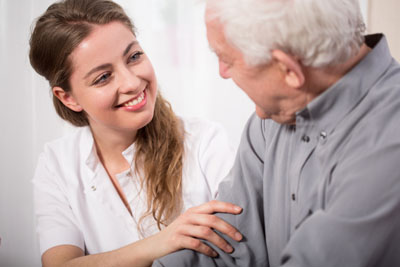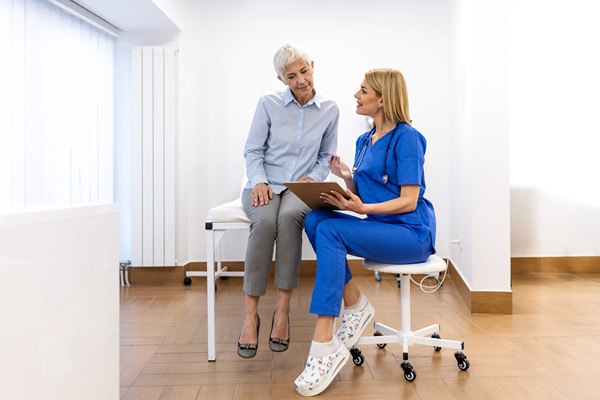7 Things That Help Prevent Cancer

When it comes to preventing cancer, there are often conflicting reports about what helps and what does not. Do not take contradictory information as a sign that doctors are trolling you. Instead, understand that information is constantly changing because our understanding of the human body is always improving.
Seven simple things that lower the odds of developing cancer
1. Abstain from tobacco use
There is no such thing as a safe tobacco product. All are equally bad for a person's health. Tobacco use has been strongly linked to different types of cancer, like mouth, lung, larynx, throat, bladder, pancreas, kidney and cervical cancer.
Patients should also avoid second-hand smoke, as it has been linked to lung cancer as well.
2. Eat a balanced diet
Eating healthy is not enough to guarantee that a person will never develop cancer, but it certainly lowers the risk of it occurring. As a general rule, all diets should contain a healthy selection of fruits and vegetables. Patients should stay away from high-calorie foods like refined sugars and animal fats.
Moderate alcohol consumption is okay, but the more a patient drinks, the more likely the person is to develop lung, colon, kidney, liver and breast cancer.
The jury is still out on processed meats, but those who have meat make up a huge portion of their diet have a slightly higher chance of developing cancer cells.
3. Exercise regularly
People who maintain a healthy weight are less likely to develop breast, kidney, colon or lung cancer. Exercising regularly makes it easier for patients to control their weight, and it also helps keep the body healthy and strong.
Patients should aim for at least 30 minutes of moderate aerobic activity each day.
4. Protect your skin
Skin cancer is a common type of cancer, yet it is also preventable. Simple ways to protect the skin include:
- Avoid being under direct sunlight after noon
- Wear sunglasses, and stay in the shade on sunny days
- Wear bright clothing that covers as much skin as possible
- Buy a quality sunscreen and use it often
5. Get the proper immunization
Getting immunized against certain disease protects patients from cancer. For example, Hepatitis B increases a person's risk of developing liver cancer, but patients can be immunized against it.
Human Papillomavirus (HPV) is also known to significantly increase a patient's risk of developing cancer.
6. Be responsible
Avoiding certain risky behaviors reduces a person's risks of developing cancer. For example, sexually transmitted diseases like HIV and HPV can weaken a person's immune system. A person is more likely to develop cancer when the immune system is weakened.
7. Visit a doctor regularly
Patients should regularly examine themselves for cancer symptoms and visit their doctor regularly for screenings. The earlier that cancer is detected, the easier it is to treat.
What was the last time you got a cancer screening? Schedule an appointment with one of our physicians today.
What are you waiting for?
Call (856) 475-0876 today to reach Lindenberg Cancer & Hematology Center.


